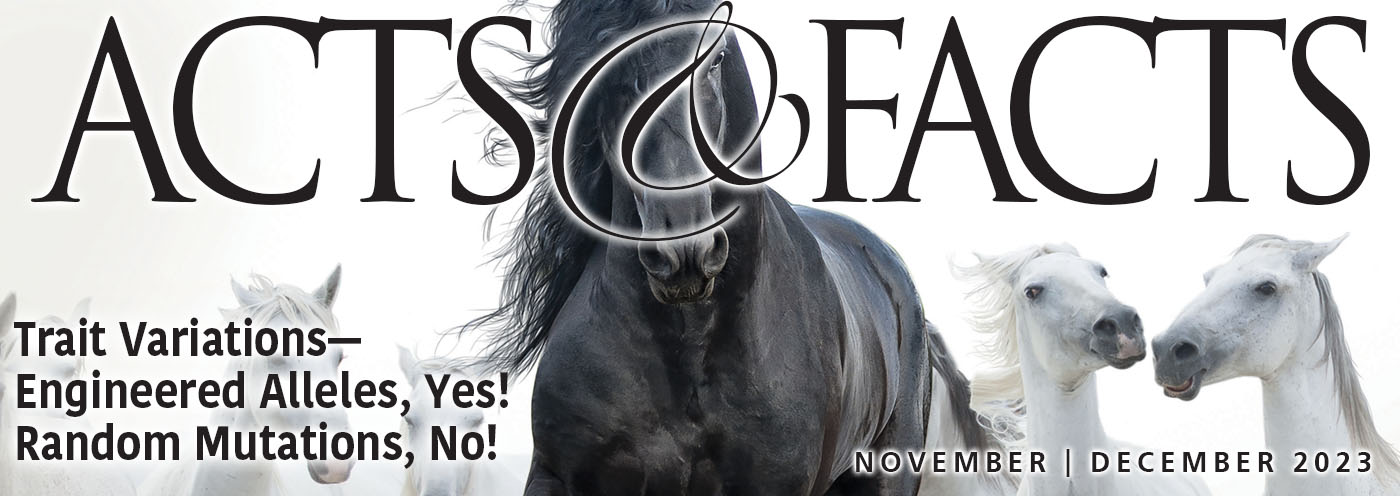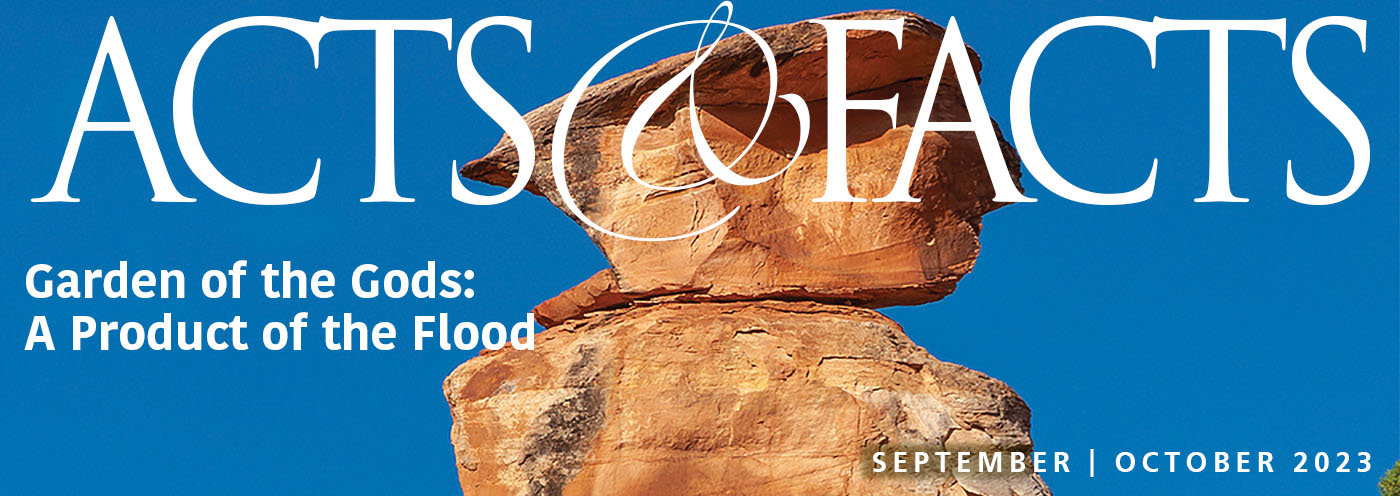Search Tools
New Defender's Study Bible Notes
1:18 redeemed. To “redeem” means to “ransom” or “buy back,” especially the redemption of a bondservant by a kinsman (Leviticus 25:49). But the first use of the Hebrew word (gaal), thus establishing the primary theme throughout Scripture, speaks of “the Angel which redeemed me from all evil” (Genesis 48:16). This could only have been the one called “the Angel of the Lord” in many Scriptures (e.g., Genesis 16:7), often in fact a theophany, or preincarnate appearance of Christ, who in His incarnate appearance would ultimately become the true Redeemer of the lost world which had been enslaved to Satan and sin. See also such Scriptures as Ephesians 1:7, 11; Hebrews 9:12; and Revelation 5:8-9.
1:18 silver and gold. Money payment was made by a kinsman-redeemer to purchase back an indentured relative (Leviticus 25:48), but silver and gold are “corruptible things”; in fact, the whole world is in “the bondage of corruption” (Romans 8:21), and can only be redeemed by an adequate price paid in incorruptible legal tender. Nothing but the shed blood of Christ can meet such a requirement, purchasing total and eternal redemption (Romans 3:24; Hebrews 9:12).
1:19 without spot. Under the Mosaic system, a temporary atonement (i.e., “covering”) could be obtained for forgiveness of sins by offering the blood of an unblemished and unspotted lamb (Exodus 12:5; Numbers 28:3). But this merely served as a type of the future offering of the blood of Christ, without contamination by either inherent sin or practiced sin. He would become “the Lamb of God, which taketh away the sin of the world” (John 1:29). The sinlessness of Christ is often affirmed in Scripture (e.g., II Corinthians 5:21; I Peter 2:22; I John 3:5; John 8:29).
1:20 foreordained. “Foreordained” (Greek proginosko) is the verb form of the noun (prognosis) better translated as “foreknowledge” in I Peter 1:2. Just as God foreknew that Christ would become the Savior, because the triune God had so ordained, so He also foreknew those who would be saved by Him.
1:20 foundation of the world. Before God ever created the world, in the mind of God, Christ had been sacrificed, and the names of the redeemed were known (see Ephesians 1:4; Revelation 13:8; 17:8; II Timothy 1:9).
1:22 obeying the truth. Note that truth (that is, God’s Word), if obeyed, will generate a purified soul and genuine love.
1:23 corruptible seed. Not only is all seed (the assurance of continued plant, animal, and human reproduction) corruptible, but so is our own human flesh (I Corinthians 15:53) and, indeed “the whole creation” (Romans 8:22). However, we have been redeemed by the incorruptible blood of Christ (I Peter 1:19) to an incorruptible inheritance (I Peter 1:4), an incorruptible body (I Corinthians 15:53), and an incorruptible crown (I Corinthians 9:25), to serve an incorruptible King (I Timothy 1:17), all revealed and activated through the incorruptible, eternal Word of God (I Peter 1:23).
1:25 endureth for ever. For more on the eternal nature of God’s Word, see also Psalm 119:89, 160; Matthew 24:35; 5:18; Psalm 12:6-7.
1:25 gospel. Note that the “everlasting gospel” includes creation as its very foundation (Revelation 14:6-7).






